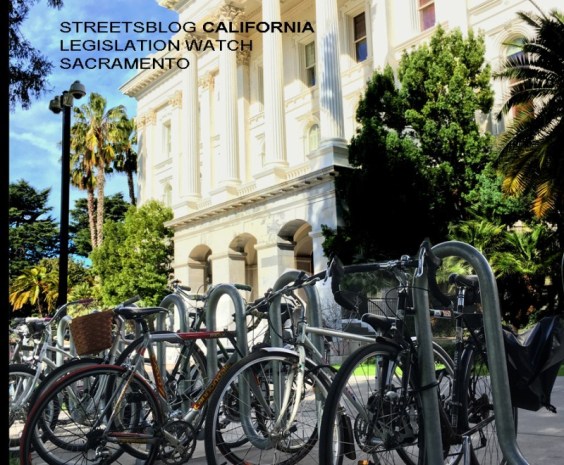The White House Council of Economic Advisers' first annual report under President Obama made headlines today for its gloomy job-creation outlook, but tucked inside its 462 pages is a tangible reflection of a changed outlook on transportation policy under the new administration.
In a section entitled Rescuing the Economy From the Great Recession, for example, the president's economic aides name-check a series of "Responsible Policies to Spur Job Creation."
One of those policies -- which neither the House nor the Senate has chosen to add to their jobs bills this winter -- is an expansion of the stimulus law's merit-based TIGER grant program, which many transport reformers view as a step towards a leveling of the playing field between transit and roads. Here's the relevant section of the White House report:
The experience of the Recovery Act suggests that spending on infrastructure is an effective way to put people back to work while creating lasting investments that raise future productivity. For this reason, the Administration is supporting an additional investment of up to $50 billion in roads, bridges, airports, transit, rail, and water projects. Funneling some of these funds through programs such as the Transportation Investment Generating Economic Recovery (TIGER) program at the Department of Transportation, which is a competitive grant program, could offer a way to ensure that the projects with the highest returns receive top priority.
The economic report also touts the value of clean transport spending in its section on energy policies to aid adaptation to climate change.
"Investments in high-speed rail and public transit will increase energy efficiency by improving both access and reliability, thus making it possible for more people to switch to rail or public transit from autos or other less energy-efficient forms of transportation," the president's advisers wrote.
Will this White House support, however buried it might be, help persuade congressional leaders to add more transit and rail aid to any jobs bill that comes down the pike?
The prospects appear dim for now in the Senate, where a measure outlined yesterday by Majority Leader Harry Reid (D-NV) focused solely on keeping the highway trust fund afloat until the end of the year, but Senate environment committee chairman Barbara Boxer (D-CA) has suggested that more infrastructure spending could emerge as part of a second small-scale jobs plan.
House Speaker Nancy Pelosi (D-CA), for her part, indicated in a statement today that she was not prepared to abandon the transportation provisions of her chamber's jobs bill, which included $27.5 billion for highways and $8.4 billion for transit but no TIGER money.
"We will work to ensure that critical pieces of the [House jobs bill] are enacted into law – including investments
in our roads, bridges, and public transit systems," Pelosi said.
The biggest question mark, then, may be how long it takes the House and Senate to achieve a workable deal -- and whether cash-strapped cities and local transit agencies can wait that long before imposing more service cuts and fare hikes.





